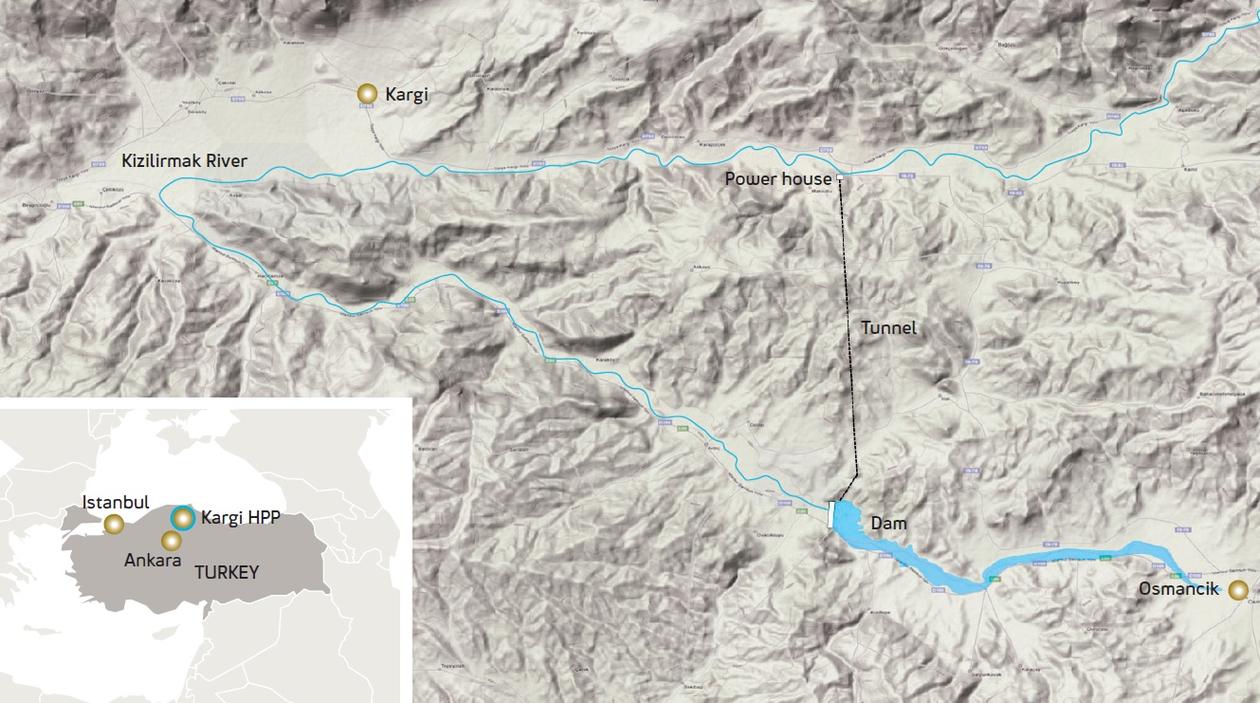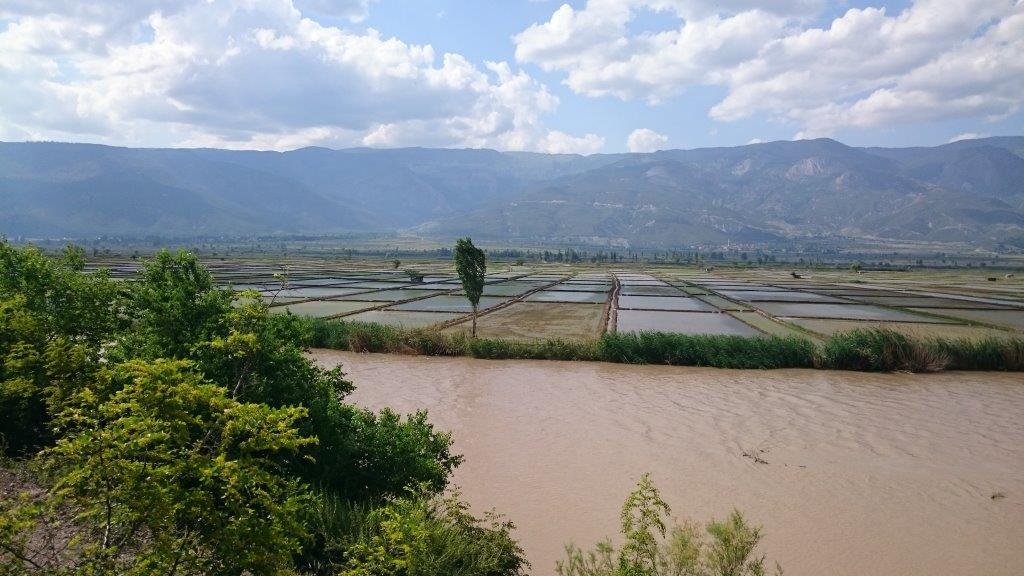CSR in Turkey - Electricity or Rice?
Read the latest field report from the Energethics-project's case study in Turkey.

Main content
Ingrid Müftüoglu and Ståle Knudsen went to Turkey in late May-June. First they visited Innovation Norway in Istanbul and the Norwegian ambassador in Ankara where they engaged in long conversations before travelling to the district Osmancik located between Ankara and the Black Sea city of Samsun. Statkraft's hydropower plant Kargı is located in Osmancik, which went into commercial operation in May 2015 after a four-year construction process. The hydropower plant is the first power plant Statkraft has built from scratch in Turkey and supplies 150 000 households with electricity.
A diverse resource
The power plant is located on the longest river in Turkey, Kızılırmak. The water in this river is not only a resource for Statkraft as a large amount of rice is produced by irrigation in this district. The new infrastructure becomes a challenge since the water that goes through the power plant's long tunnel reduces the amount of water in the river between the reservoir and the power station. From the dam water rush through a tunnel of twelve kilometer to a power station with two turbines and two generators. This is a relatively dry region where rice farming is impossible without access to water from the river. Thousands of people depend on rice farming in the area that gets reduced water access due to the power plant.
Corporate social responsibility
Official documents from Statkraft and statements from their representatives show that corporate social responsibility (CSR) mainly concerns the people who are directly affected by their projects - "project-affected population". In this project, that meant the people who lost land when the dam was being built. In addition to financial compensation for loss of property by expropriation Statkraft offered farmers support to start alternative income generating activities, such as farming in greenhouses and beekeeping. Ståle and Ingrid attended a meeting organized by Statkraft where an invited expert told farmers about opportunities to engage in beekeeping and they got a tour around the area of the power plant where several of the greenhouses had been sponsored by Statkraft. In this first phase of the project, sponsoring construction and materials for greenhouses was the main focus of Statkraft's CSR policy.
Now that the plant is in operation Statkraft has changed the focus of their CSR policy to target "downstream" issues - particularly rice farmers’ access to water in the cultivation period from May to September. Statkraft aims to explore the possibilities of improving the infrastructure of the highly complex irrigation system, as they believe that the infrastructure is “suboptimal”. If the infrastructure is improved less water will be needed for rice farming, and more water can rush through the tunnel of the power plant, which in turn will increase the company’s profit.
Expectations to CSR
During conversations with Statkraft representatives in Oslo, Istanbul and Osmancık it has become evident that they often have different ideas and practices when it comes to carrying out CSR policies. Some prefer to speak about “Environmental and Social Management” instead of CSR because CSR can often, especially in Turkey, be perceived as a philanthropic approach where the company gives support and resources to for example schools and not necessarily to “project affected people”.
Moving forward we plan to further explore how CSR is spoken about and put into action on various levels within the Statkraft Corporation. Our particular interest concerns the possibilities for Statkraft to implement a ‘Nordic’ model for CSR abroad.


